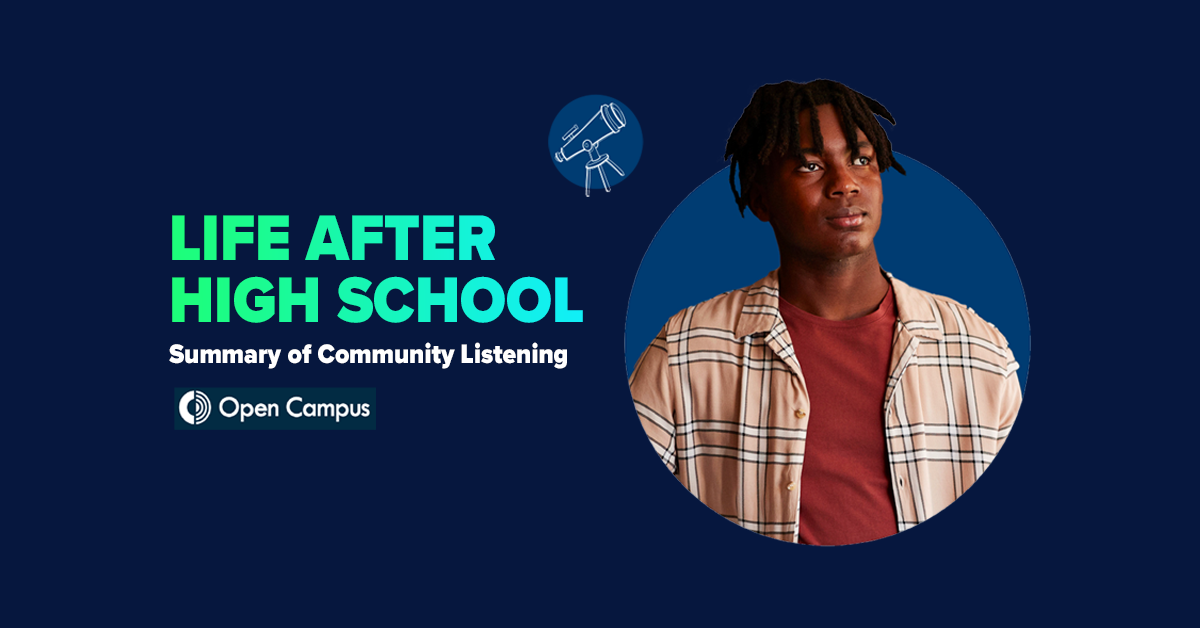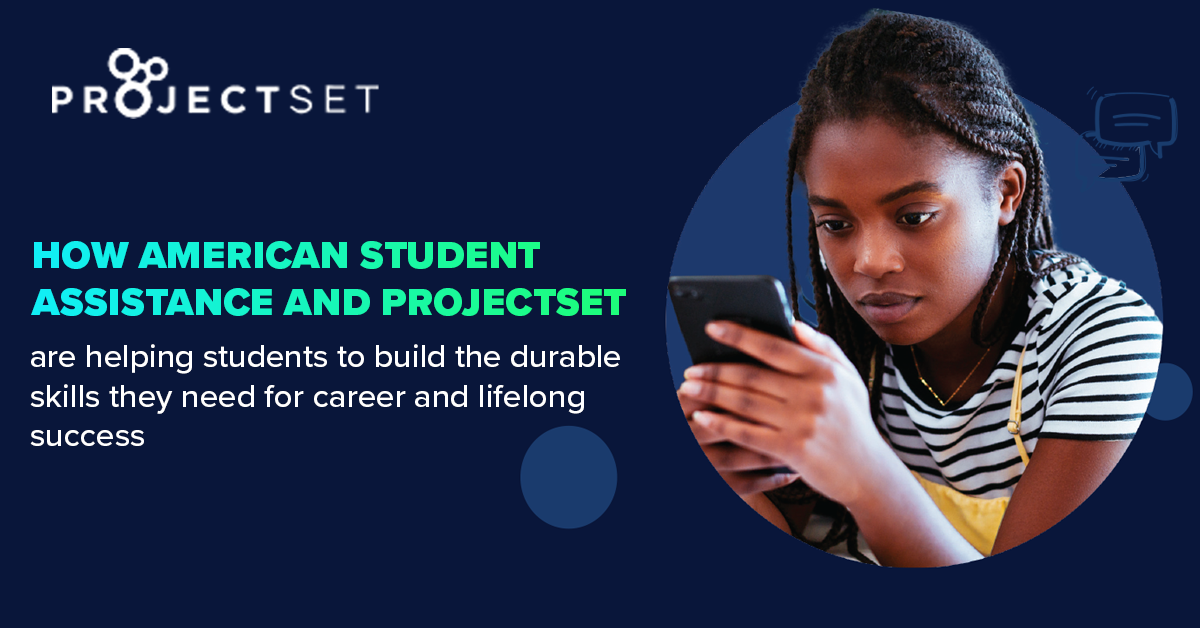There’s no denying Gen Z has an entrepreneurial spirit. In fact, more than half of Gen Z students say they aspire to be entrepreneurs. As digital natives with greater access to information and resources than previous generations, it’s no wonder this generation is particularly fired up about starting their own businesses over working in traditional nine-to-five jobs
But how can kids successfully turn aspirations into actual careers? The bottom line is that we must ensure all students have equitable access to programming in middle and high school to build essential skills that will allow them to tap into their entrepreneurial potential.
That’s just what we discussed in a panel I moderated at this year’s ASU+GSV Summit, Scaling Gen Z Skill-building Programming for Young Entrepreneurs. I was joined by some of the most exciting leaders in the space: Stephanie Short, VP of Partnerships for America Succeeds, a nonprofit committed to improving equity, access, and opportunity in education; Edson Barton, CEO and Founder of YouScience, a platform that uncovers students’ natural talents and matches them to careers; and Naomi Thomas, CEO of ∞edu (InfinityEDU), which builds Web3 tech education software and hardware for diverse learners.
Here are my key takeaways from the conversation:
- In order to best help students achieve their goals as aspiring entrepreneurs, we must first help them build durable skills and understand what their passions and talents are.
As Stephanie noted, durable skills are foundational for any entrepreneur. These skills include critical thinking, communication and presentation, collaboration, leadership, financial literacy, and creativity.
“I actually started in tech and had my own company,” Stephanie elaborated. “At some point those skills were valuable, but they quickly perished. And at this point, the only skills I have are durable skills. So for any business leader we’re talking to, or if you’re simply looking in the mirror, you can understand the importance of these skills.”
Edson agreed, adding that it’s crucial to pair these durable skills with student’s own natural talents by first helping them to understand what they are: “Young people just don’t understand the world around them quite as well as we do as adults. When you’re young, your vision of who you are is incredibly limited,” he explained. “And if you’ve never experienced something, you can’t have an interest in it.” YouScience helps students do this by using brain games to tease out what interests and inherent talents a young person might have.
- Equity must be a core goal in the conversation around entrepreneurial learning and skill-building.
Naomi explained that she started ∞edu primarily out of a concern for the lack of diverse representation she was seeing in STEM programs for middle and high schoolers — which speaks to a larger need to focus on underserved students when it comes to career education.
Additionally, Naomi highlighted a need to inform diverse student populations of the wide array of career opportunities available in tech: “Technology is a place where students can create anything out of anything. And it’s not something where you have to be a certain stereotype of a programmer or a developer,” she elaborated. This is rooted in what she calls a “passion—first approach” in which students discover what they love and then find a way to apply that to a STEM career path.
Navigating a career field blindly without first uncovering what you’re passionate about likely won’t lead a young person to success, so we need to equip the next generation with the tools they need to understand themselves first. And that begins with an equitable approach that leaves no student behind.
- Mentorship is a critical component of entrepreneurial education — and drives equity forward.
Building social capital and making connections with adults who’ve walked students’ desired paths is paramount to success for budding entrepreneurs. This is especially true for underserved communities who otherwise may feel isolated if they don’t encounter professionals who look like them or come from similar backgrounds.
Naomi recounted her own experience in which she ended up dropping her computer science studies because of the isolation she felt as the only Black woman in her classes. Mentorship, she said, was “vital to her career journey” as she was able to relate to someone in the industry who is a model of success.
Stephanie agreed on the value of mentorship: “The workforce of tomorrow needs that mentorship, just as much as the companies need that workforce,” she said. Mentorship, she asserts, shouldn’t fall solely to educators but also on companies to provide mentors for students aspiring to work in a particular field.
Edson added that in order for organizational mentorship to work, we must identify how we can connect individual students to the needs of a business, and vice versa — and this requires more businesses to get on board with providing mentorship to young people so that we aren’t funneling students into businesses or industries in which they have no vested interest or skill.
- We need to be able to effectively measure durable skills and the success of entrepreneurial education.
Durable skills are inherently difficult to measure and can be subjective. Stephanie explained that America Succeeds is in the process of finding a way to objectively credential and measure the effectiveness of its programs, with a goal to have a measurement plan by the end of 2022. They are doing this by focusing on 10 essential skills and matching them with thousands of real job descriptions in order to evaluate efficacy and relevance to the current job market.
Edson highlighted YouScience’s approach to measurement, saying that it ultimately comes down to whether or not they’re getting more diverse students into pathways in which they have not been before as the primary metric of success.
Naomi outlined the approach that ∞edu takes in leveraging incentives for students throughout the learning process and soliciting student feedback directly through their platform: “Over 3,000 users have gone through our platform and left paragraphs of feedback, 98% of which have been positive,” she explained. Furthermore, ∞edu takes a similar approach to YouScience in looking at the placement of diverse student populations in career fields that might otherwise be out of reach as a key performance indicator.
It’s clear from this conversation that there is much work to be done in expanding entrepreneurial education to all students nationwide, but with innovators like these, we’re certainly on the right path to equitable opportunity.
Thanks for reading! What are your thoughts on the future of entrepreneurship programming for Gen Z? Are there any other organizations you’ve seen that are doing this well?
For more news and insights about the future of career education, subscribe to our newsletter, PivotED.





